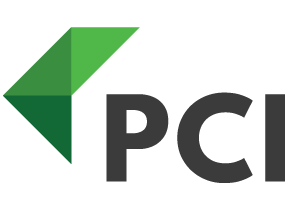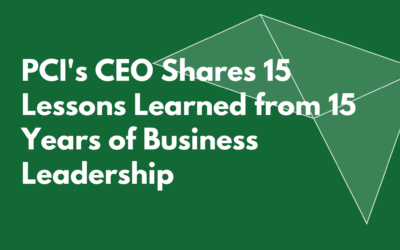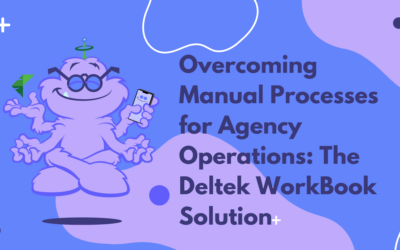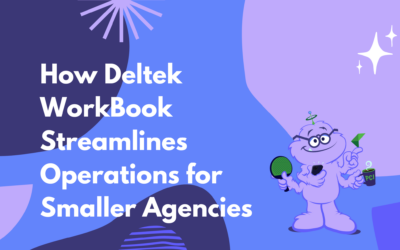A New Way of Doing Business
Many agencies we work with are adjusting their business operation strategies to meet their client demands and survive. I recently took part in a Mumbrella webinar featuring, Ogilvy Hong Kong and The Hallway, to see how agencies are responding to the pressures of digital transformation and increasing channels and evaluating what tools they need to support their new operations approach.
See how agencies are responding to 2018’s brutal multi-channel pressures.
Watch the on-demand Webinar
The landscape is changing but creativity remains our currency
Brian Riedlinger, Chief Delivery Officer, Ogilvy Hong Kong, opened up the discussion by addressing the change the advertising industry is going through. He explained that we’ve seen a lot of disruption to the way agencies traditionally did business due to the number of channels multiplying year on year and the nature of the audience changing. Advertising agencies have spent years perfecting how to please baby boomers through TV advertisements but now the most important audience are millennials. The way agencies communicate to this inherently connected audience is very different. Brands must be accountable across a wide range of channels and media formats.
Jules Hall, founder of The Hallway, echoed Brian’s viewpoint. He said that the work has changed, it is getting more and more complex thanks to the proliferation of media and the rise in the amount of data and emerging technologies. He was clear however that this change brings opportunity and that the skill of developing ideas, otherwise known as Creativity, is more important now than ever.
Niche is no longer
In the past, every time a new marketing method or media emerged the solution was to form a new agency division, but Ogilvy and The Hallway clients have been clear that they no longer want to work with five different contacts across different agency entities for each campaign.
Clients want integrated campaign execution and one point of contact.
Jules explained this is because client teams are continually being asked to do more, but without more budget. They no longer want to deal with several specialist agencies, the want to call on one team who can do it all. He went on to say that the specialist model was highly inefficient. It required multiple project managers client-side, often paying several people agency-side to do the same job. He said it wasn’t effective either, stating that when you have multiple strategists and creatives, the result is a fragmented brand voice.
How agencies are responding
Ogilvy’s ‘new chapter’ initiative represents the agency’s response to this changing marketplace. The wide-ranging overhaul means creative, social and content teams have merged, while Ogilvy has streamlined its operations to provide just six core services, all combined back into one entity. For some areas this was easy, for others not so much! It was necessary for each group to understand the value of others, but they’ve now been through this journey and clients are enjoying one point of contact.
Collaboration across offices is key as the demand for regional and global campaigns increases.
We heard from both Brian and Jules that sharing resources and collaboration can be difficult because each location traditionally had a different way of doing things. Deltek Workbook is helping Ogilvy standardise business processes and tools across the business. Workbook also provides The Hallway and Ogilvy a place to share information between and within teams, holding key documents like SOWs and creative briefs in once place. It also enables effective communication via one platform.
The final point covered was the need for reporting and analysis. Brian explained that the Workbook solution helps them stay on track throughout the whole delivery process; from ensuring clear concise SOWs, to resource management, which ultimately protects margins. The data captured in the tool enables the team to measure their success and constantly evaluate their progress so that problems are solved in real time, before a project has the chance to get off track.
Key Takeaways
For me, these were the key takeaways from the session:
- Clients want one agency and one point of contact. Integrated campaign execution wins over niche specialism
- To achieve this, tools that enable collaboration and automate processes to reduce administration time and complexity are key
- Good change management practices should not be overlooked when it comes to rolling out these tools – people need to understand why a change to the way of working makes sense for them, as well as the agency as a whole, before you can really move forward with training and successful implementation.




